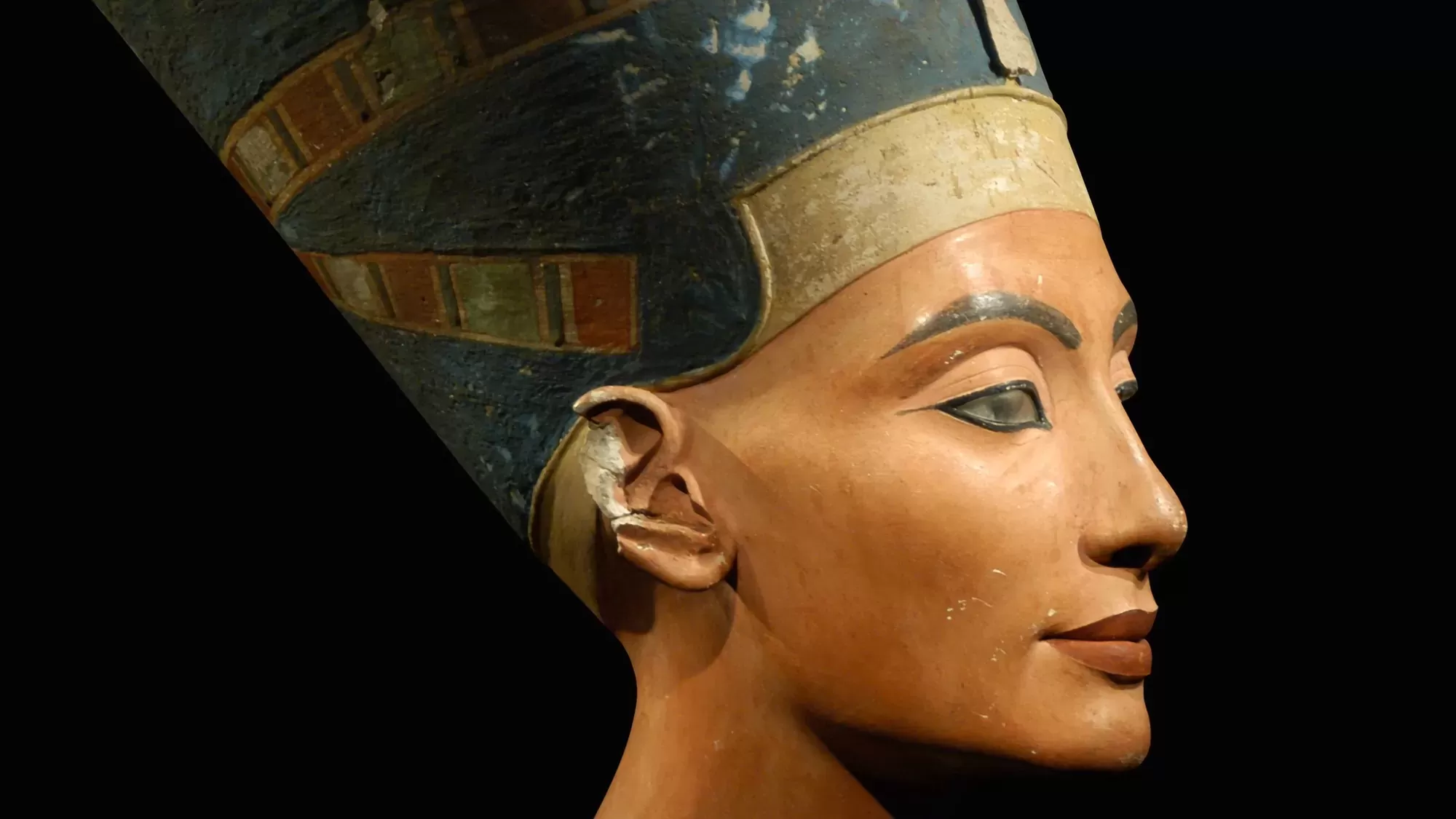
THIEVES FROM ANTIQUITY
For years the former Egyptian Minister of Antiquities, Zahi Hawass, sought the return from the Berlin Museum of the bust of Nefertiti discovered by archeologists in 1912. As a professional grave robber, I acknowledge the desire of other countries to obtain the return of cultural items they consider part of their heritage. The Elgin Marbles at the British Museum originally from the Parthenon in Athens, Greece is an example of another attempt to recover a ‘nation’s heritage’ which was stolen from Greece (at the time part of the Ottoman Empire).
Here is the problem – when you take a snapshot of history and determine Egypt’s rights to historic objects, you have to consider where the objects originally came from. For example, Egypt got much of It’s gold from Nubia which was conquered in 1479–1425 BC. How do we exclude from items claimed by Egypt those items containing Nubian gold. Do we do DNA tests to find people today who have Nubian ancestry and find a way to give them a share of items containing Nubian gold. There is also the concern about how countries like Iraq and Egypt have over time been unable to protect precious artifacts in their possession. We are perhaps left with the proverbial expression from the 1830’s ‘to the victors belong the spoils’ as he Natural Order of Things. As an aside, people in my profession probably deserve more credit for bringing to light objects we loot from the graves of antiquity.